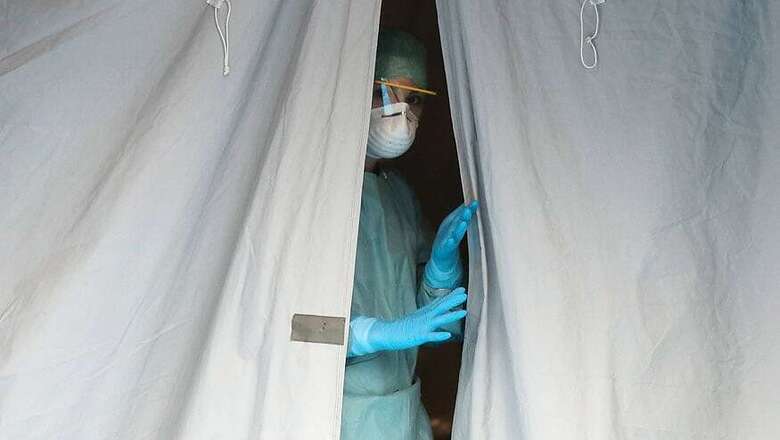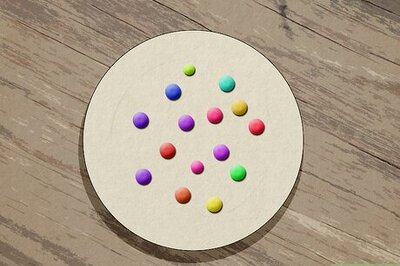
views
The government on Saturday approved a production-linked incentive (PLI) scheme for promoting domestic manufacturing of medical devices, with financial implications of Rs 3,420 crore.
The Union Cabinet headed by Prime Minister Narendra Modi also approved another promotion of medical device parks scheme worth Rs 400 crore for financing common infrastructure facilities in four medical device parks, an official statement said.
The expenditure to be incurred for the said schemes will be for the next five years i.e. from 2020-21 to 2024-25, it added.
"The Union cabinet has approved a scheme on promotion of medical device parks for financing common infrastructure facilities in four medical device parks with financial implications of Rs 400 crore, and approved the Production Linked Incentive (PLI) scheme for promoting domestic manufacturing of medical devices with financial implications of Rs 3,420 crore," it said.
Under the sub-scheme for promotion of medical device parks, common infrastructure facilities would be created in four medical device parks, which is expected to reduce manufacturing cost of medical devices in the country.
"The PLI scheme for promoting domestic manufacturing of medical devices would boost domestic manufacturing and attract large investments in the medical device sector, particularly in the identified target segments. It will lead to expected incremental production of Rs 68,437 crore over a period of five years," the statement said.
The medical device sector suffers from a cost of manufacturing disability of around 12 per cent to 15 per cent, vis-a-vis competing economies, among other factors, on account of lack of adequate infrastructure, domestic supply chain and logistics, high cost of finance, inadequate availability of quality power, limited design capabilities and low focus on research and development activities (R&D) and skill development, etc.
There is, thus, a need for a mechanism to compensate for the manufacturing disability, it said.
It further said that the schemes have potential to generate an additional employment of 33,750 jobs over a period of five years and reduce import of target segments of medical devices.




















Comments
0 comment